Principal Investigator
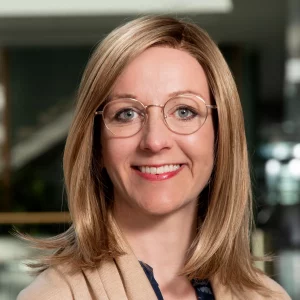
Anniina Färkkilä, MD PhD
GynecologistAnniina Färkkilä, MD PhD, is an Assistant professor in translational gynecologic oncology and a Specialist in gynecology at the University of Helsinki, Finland.
She completed herpostdoctoral fellowship at the Dana-Farber Cancer Institute and Harvard Medical School in 2019. In 2018 she was awarded the Seth Wichmann award by the Finnish Gynecologic Society, and the Eero Saksela award by the Finnish Cancer Institute in 2022. She was the recipient of a prestigious ERC Starting grant in 2022.Dr. Färkkilä also works as a specialist for gynecologic oncology at the Helsinki University Hospital (HUH), participating in multiple clinical trials at the HUH Comprehensive cancer center.
Dr. Färkkilä coordinates the prospective Oncosys-Ova trial, and leads the Ovarian cancer project in the iCAN Digital Precision Medicine Flagship. She is a board member at the Nordic Society of Gynecologic Oncology (NSGO), the National Molecular tumor board of Finnish Cancer Center (FICAN), and the translational working group of European Network of gynecological clinical trials (ENTOG) and Gynecologic Cancer Inter Group (GCIG).
She is passionate about precision oncology, improving the treatment and outcomes of cancer patients, leadership, wellbeing, family and outdoor activities.
Postdoctoral fellows
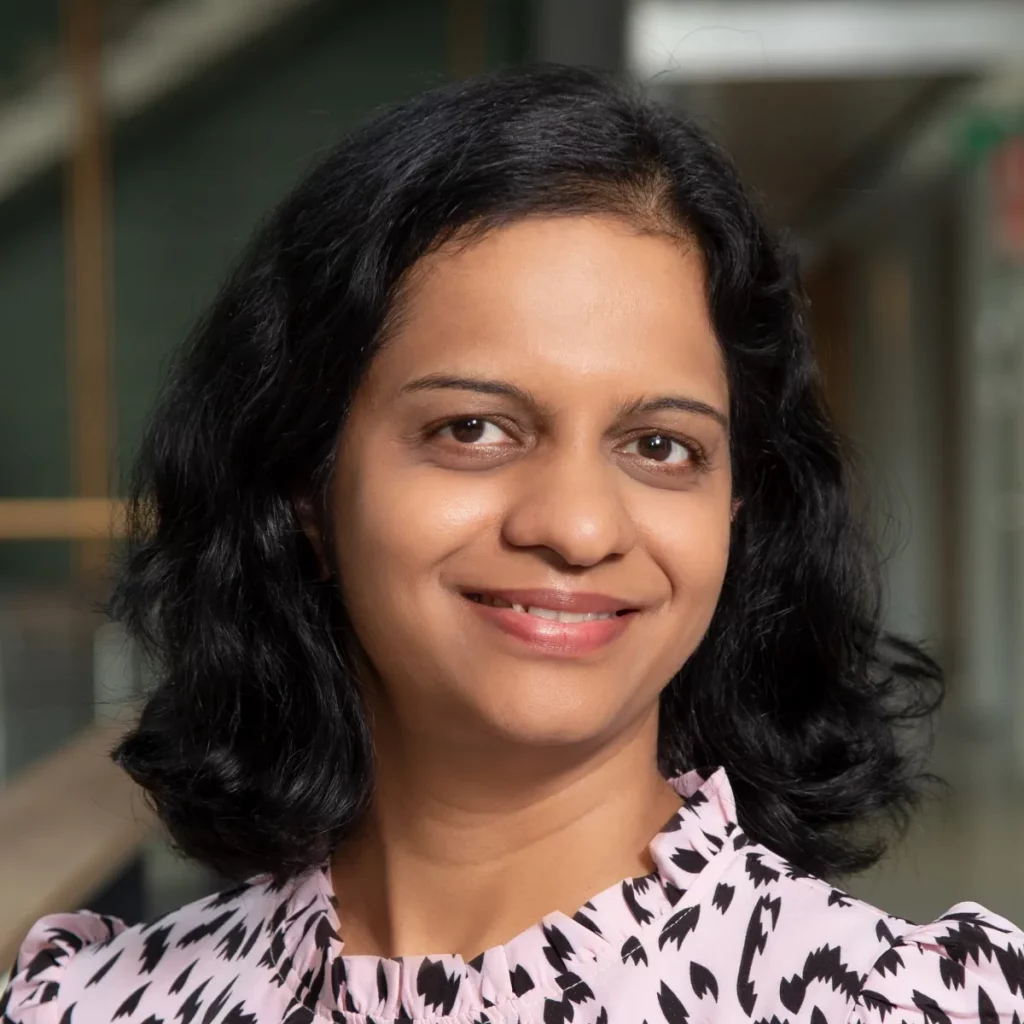
Ashwini Nagaraj, PhD
BiologistAshwini’s research is focused on establishing high-grade serous ovarian cancer (HGSC) patient-derived immunocompetent model for functional testing immunotherapeutic agents. She is also interested in understanding the tumor microenvironment in chemo-resistant HGSC using single-cell spatial omics approaches, with the aim of identifying novel biomarkers and targets for immune and combination therapies in chemo-resistant HGSC
Doctoral researchers
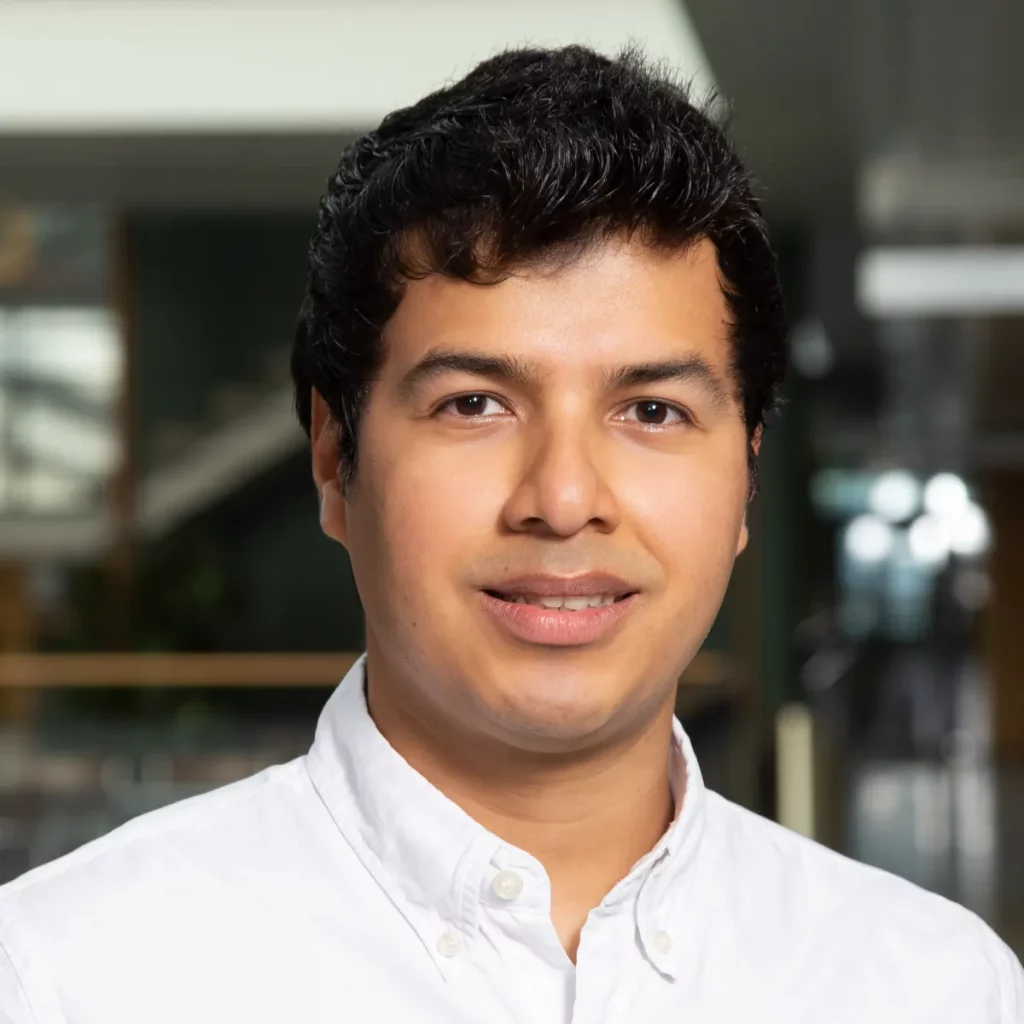
Fernando Perez, MSc
Doctoral researcherHe is interested in the response of the Ovarian Tumor Microenvironment to different therapies, measuring the relationship of this response with the genotype of the patients (Phenotype-Genotype associations). For that, he is developing algorithms to analyze fluorescence images and performing genomic analysis.
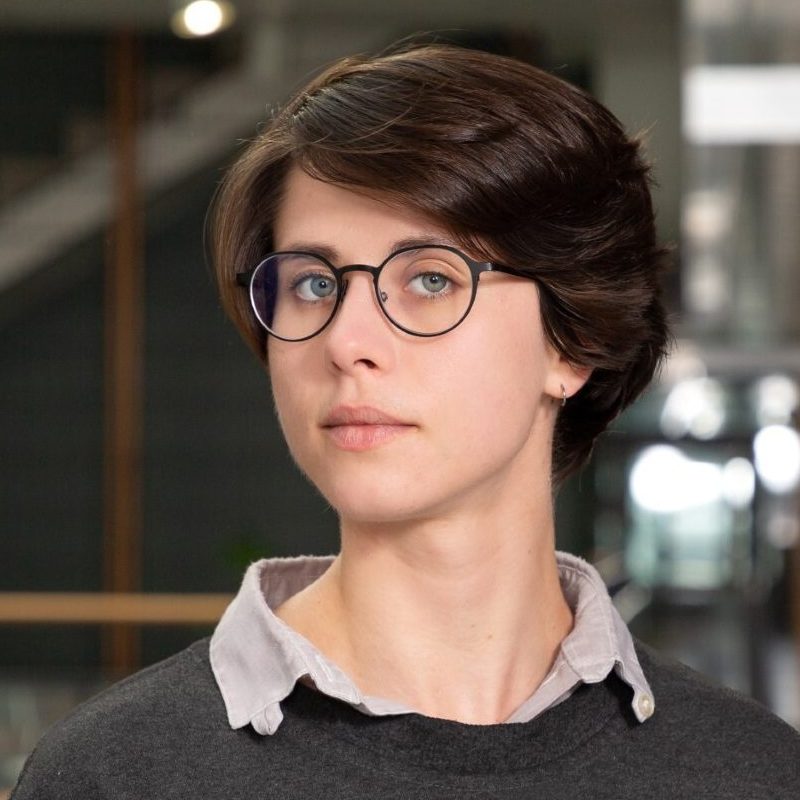
Iga Niemiec, MSc
Doctoral researcherIga’s project focuses on the discovery of immune escape mechanisms in the high-grade serous ovarian cancer. By combining genetics, spatial imaging and spatial transcriptomics data, Iga aims to uncover the genetic and spatial features shaping the tumor-immune interplay and leading to immune escape.
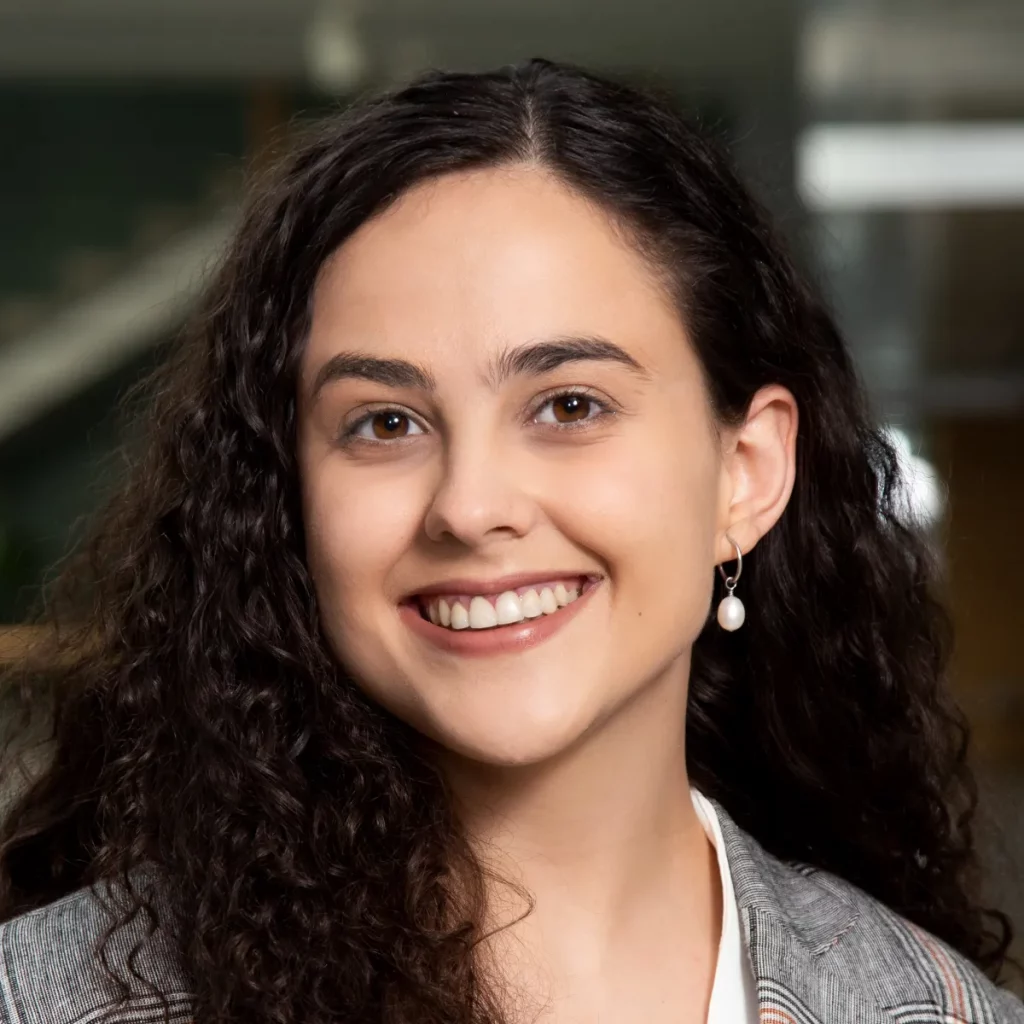
Ada Junquera, MSc
Doctoral researcherAda’s research focuses on how current therapies shape the TME and immune dynamics. She profiles the patient-derived samples through spatial methods, such as tCycIF multiplexed imaging and GeoMx spatial transcriptomics.
Her goal is to uncover treatment-associated patterns and novel biomarkers for improved patient stratification and treatment refinement.
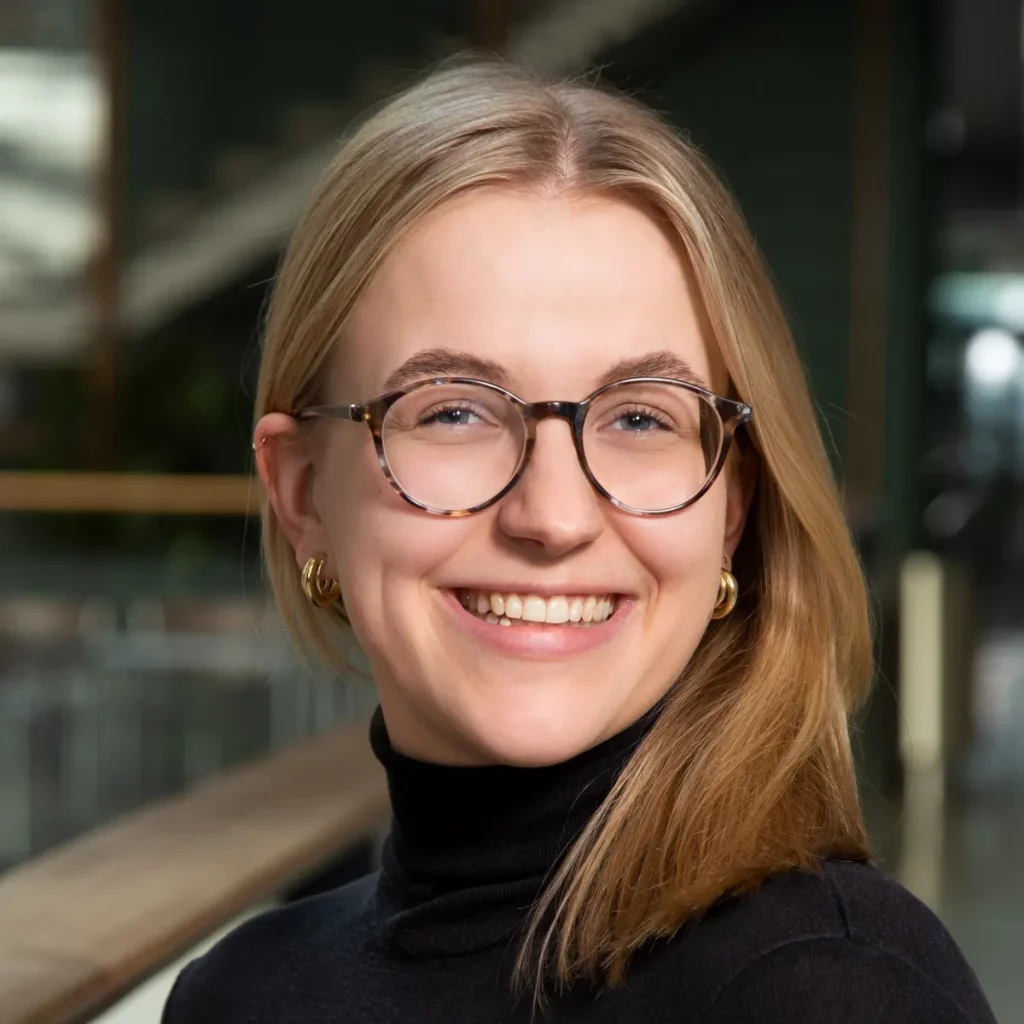
Matilda Salko, BMed
Doctoral researcherHer work is mostly focused on the prospective Oncosys-Ova study. She is looking into the clinical characteristics and treatment responses as well as genomic data of ovarian cancer patients, aiming to better understand the real-world clinical outcomes of patients diagnosed with HGSC
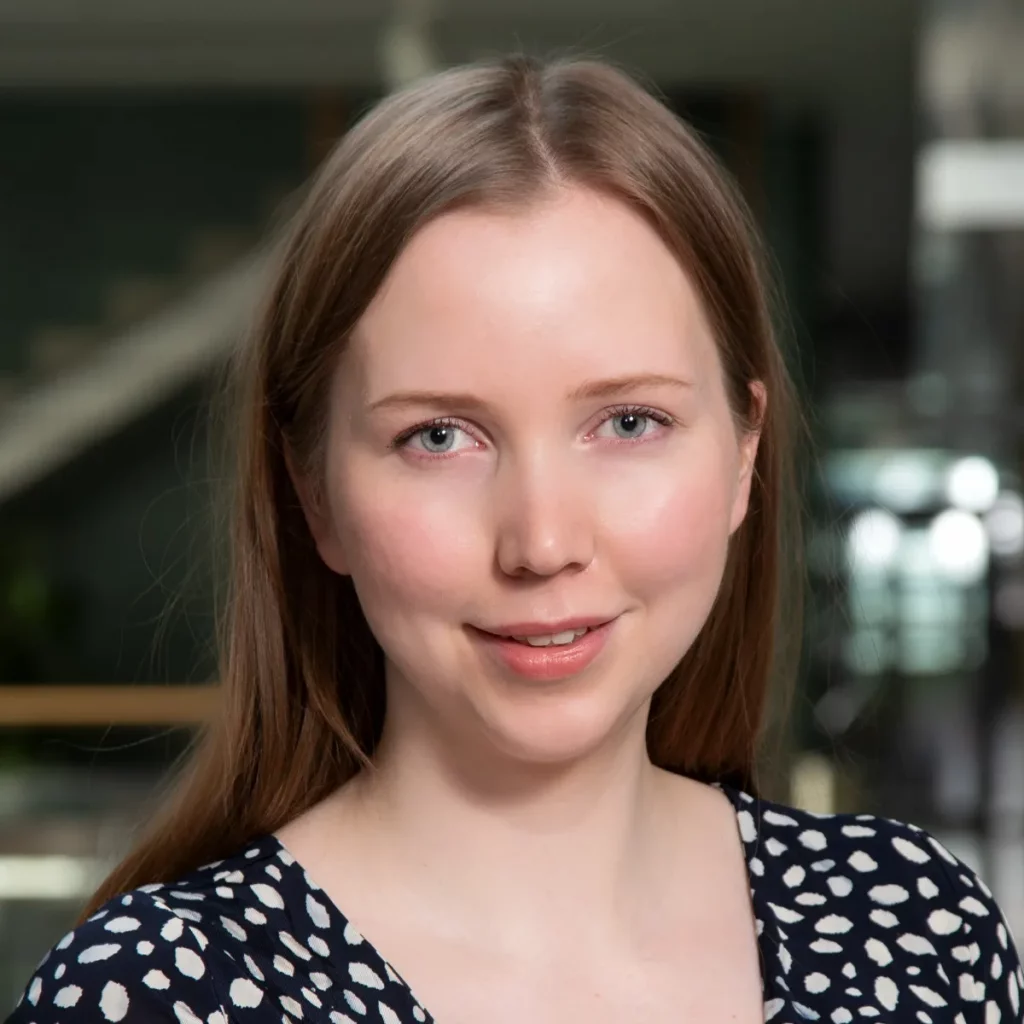
Inga-Maria Launonen, MD
Doctoral researcherHer PhD projects focus on the effects of homologous recombination deficiencies and DNA damage on the tumor-immune interactions in high-grade serous ovarian cancer. She is especially interested in the spatial architecture and interactions in the tumor microenvironment that delineate therapy responses.
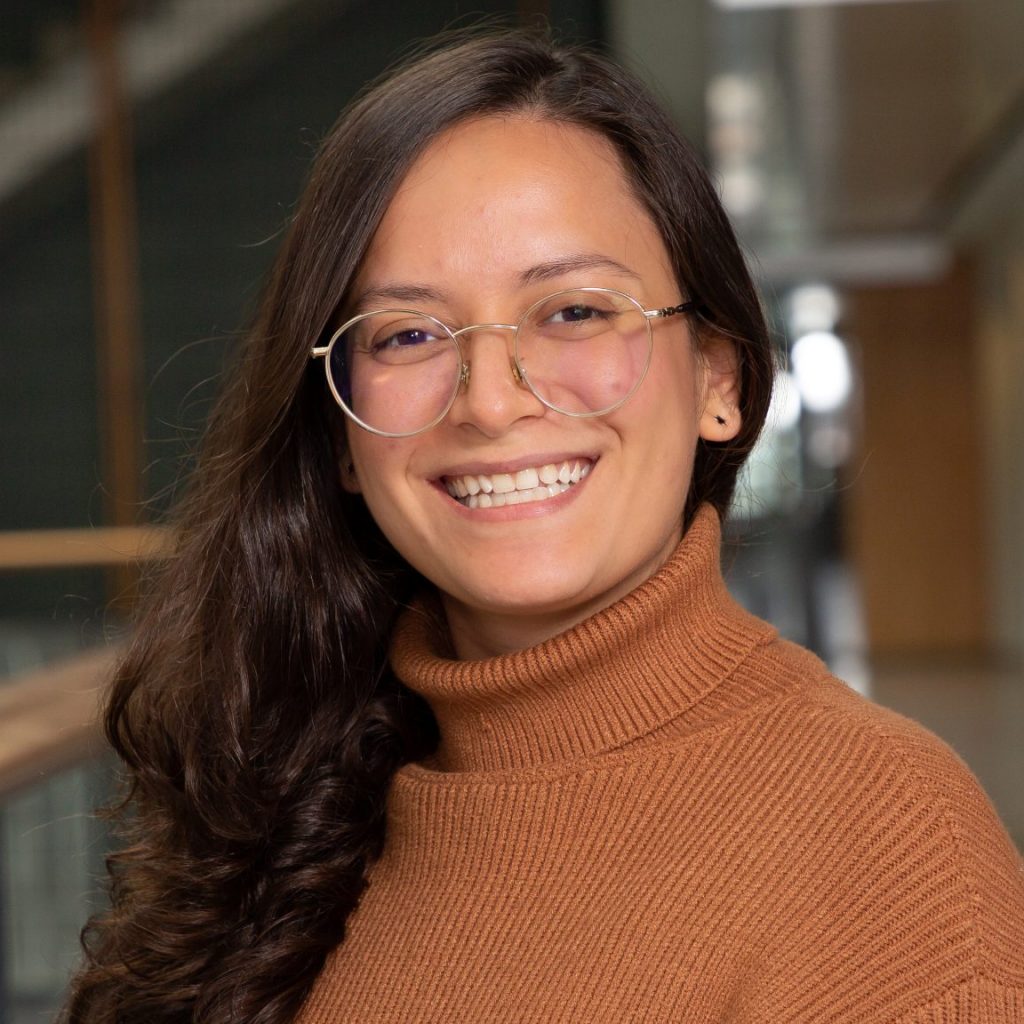
María Hincapié Otero, MSc
Doctoral researcherMaría’s project is centered on the integration of the stromal compartment into the immune-competent patient-derived cultures (iPDCs) that have been established within the lab. This initiative aims to faithfully recapitulate patients’ tumors, facilitating the utilization of these cultures as a personalized high-throughput platform to test different therapeutic agents, with a focus on addressing the challenge of chemo-resistance in high-grade serous ovarian cancer (HGSOC).

Ziqi Kang, MSc
Doctoral researcherHer project focuses on profiling the tissue architecture and discovering spatial-related immune response mechanisms from multiplexed images. She is developing unbiased automatic computational tools in order to deeply quantify spatial information in fluorescence images.
Master’s students
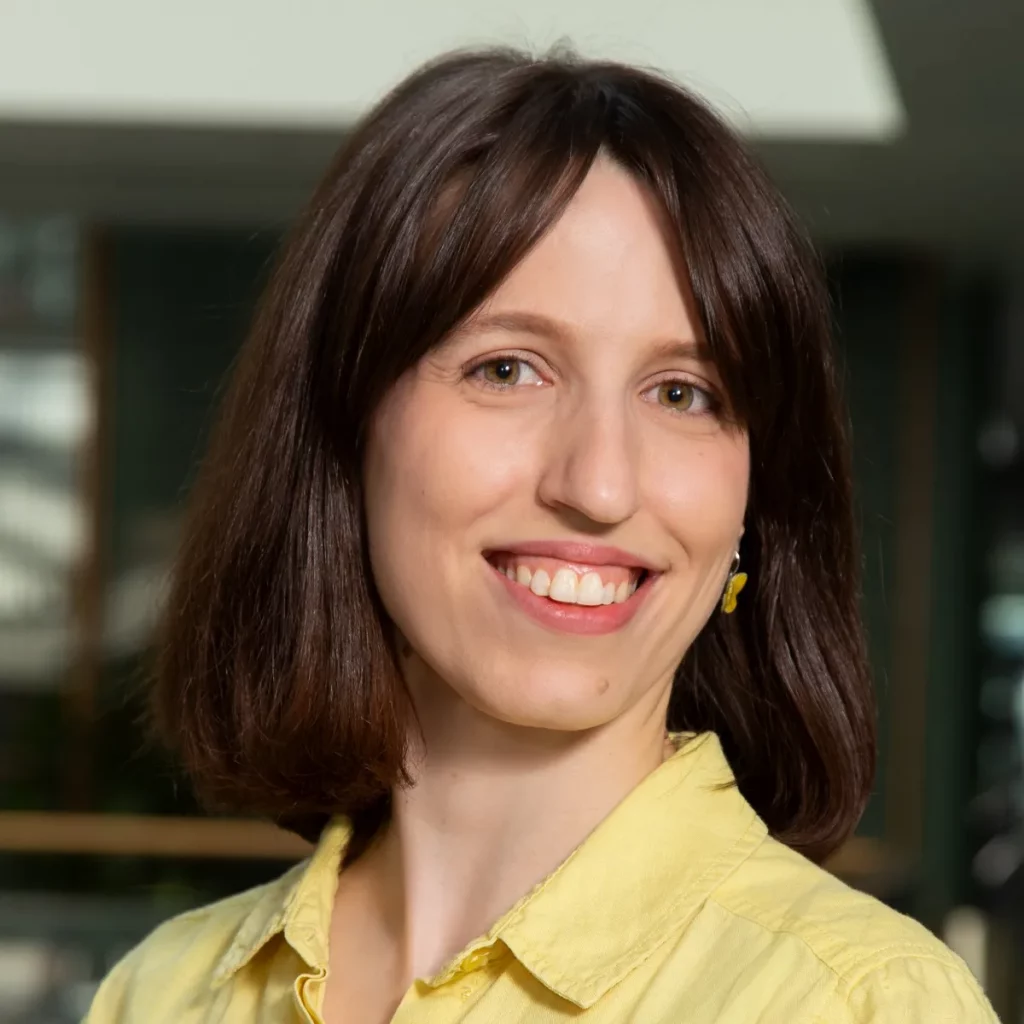
Angéla Szabó, MSc
LSI Master’s programmeHer tasks mainly focus on celltype calling and image analysis. She’s particularly interested in image visualization tools.
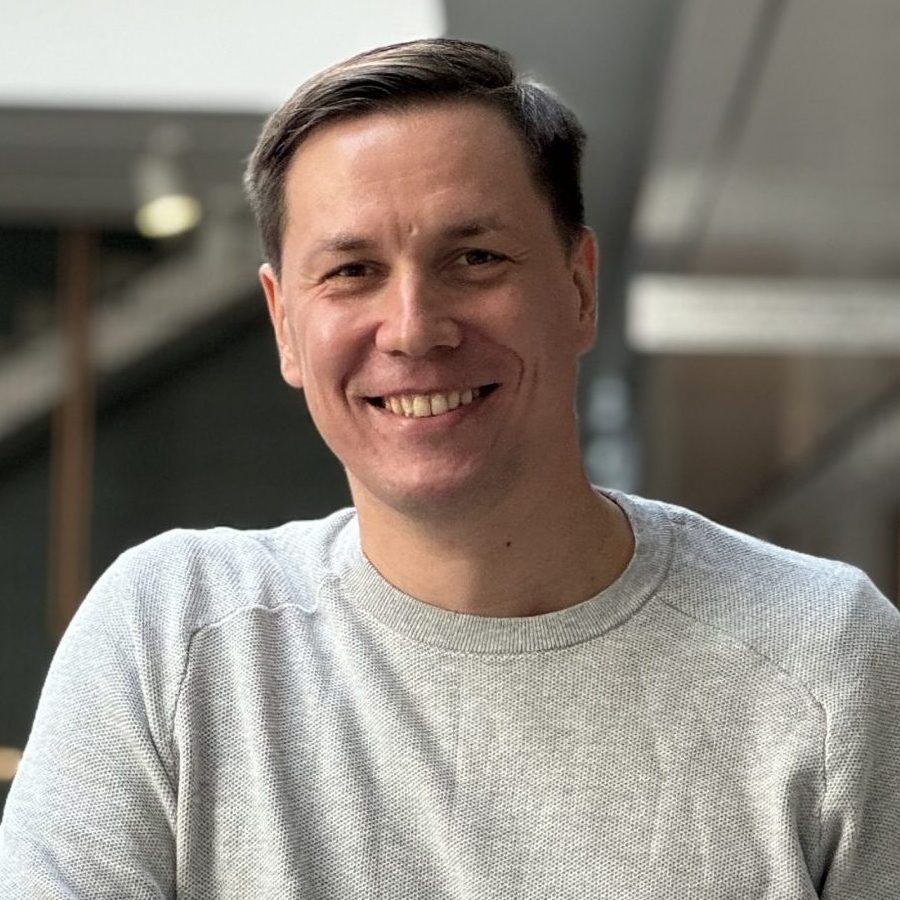
Olavi Goussev, MSc (Tech)
Data Science Master’s programmeHe is concentrating on the development and implementation of machine learning processes and feature engineering methods for analyzing multiplex immunofluorescence image data from tumor microenvironments.
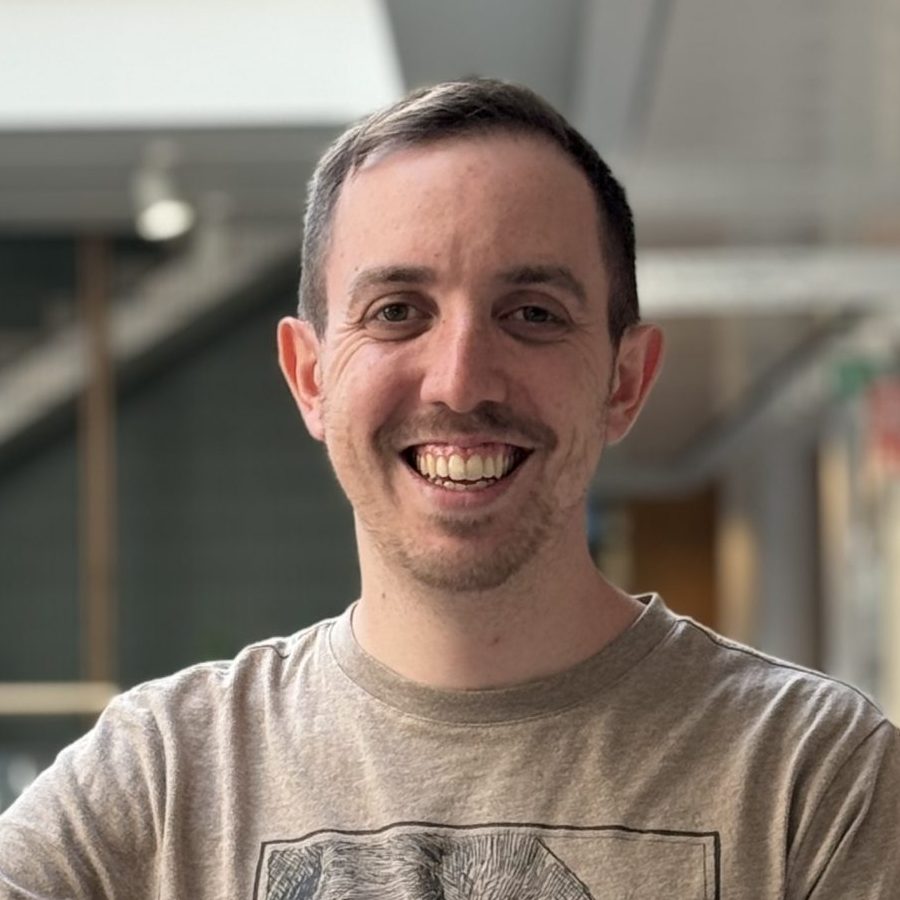
Matías Aiskovich, MSc
LSI Master’s programmeHe is interested in applying bioinformatics and machine learning to tumor omics data. He is focused on developing computer vision models for CycIF multiplexed imaging and GeoMx spatial transcriptomics data.
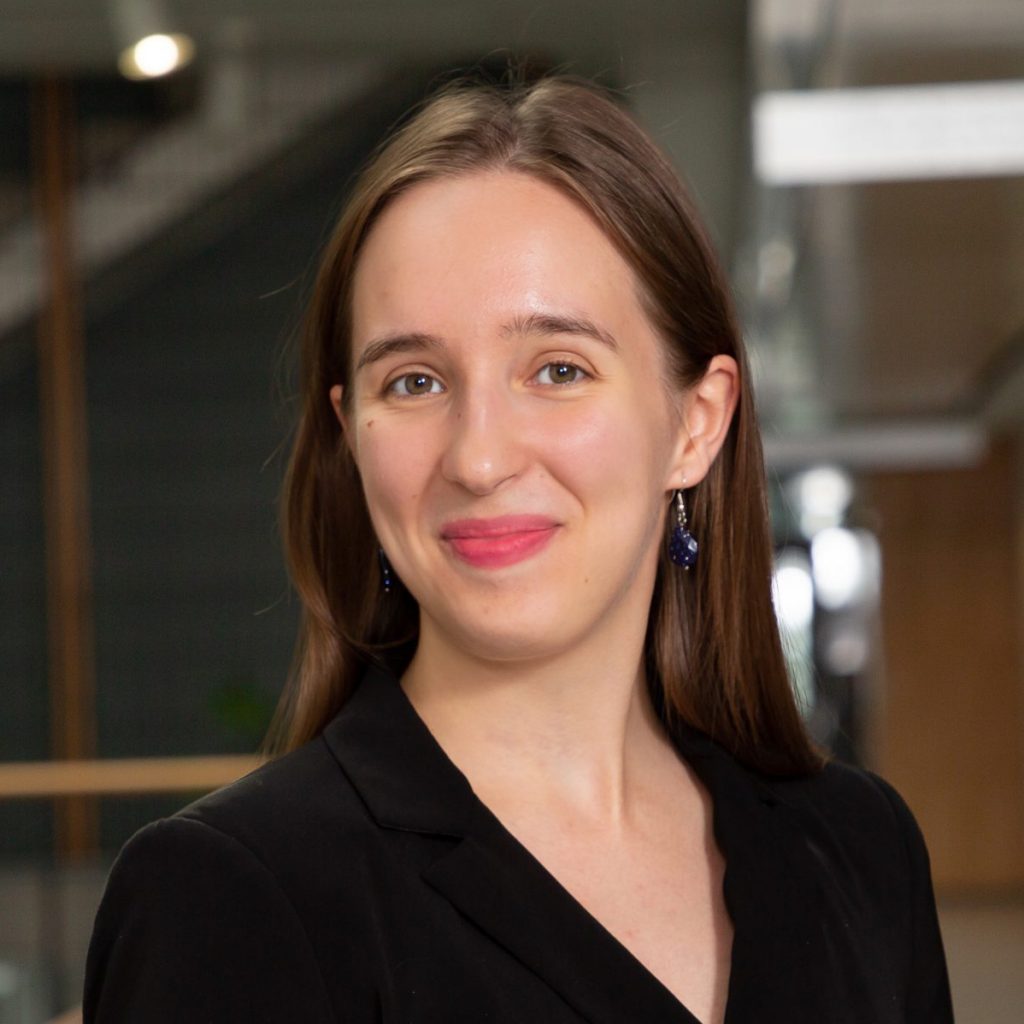
Aleksandra Shabanova, MSc
GMB Master’s programmeHer responsibilities involve using machine learning tools to predict cell-cell interactions in the microenvironment of ovarian tumours. Her primary research interests are in bioinformatics and cancer cell biology.
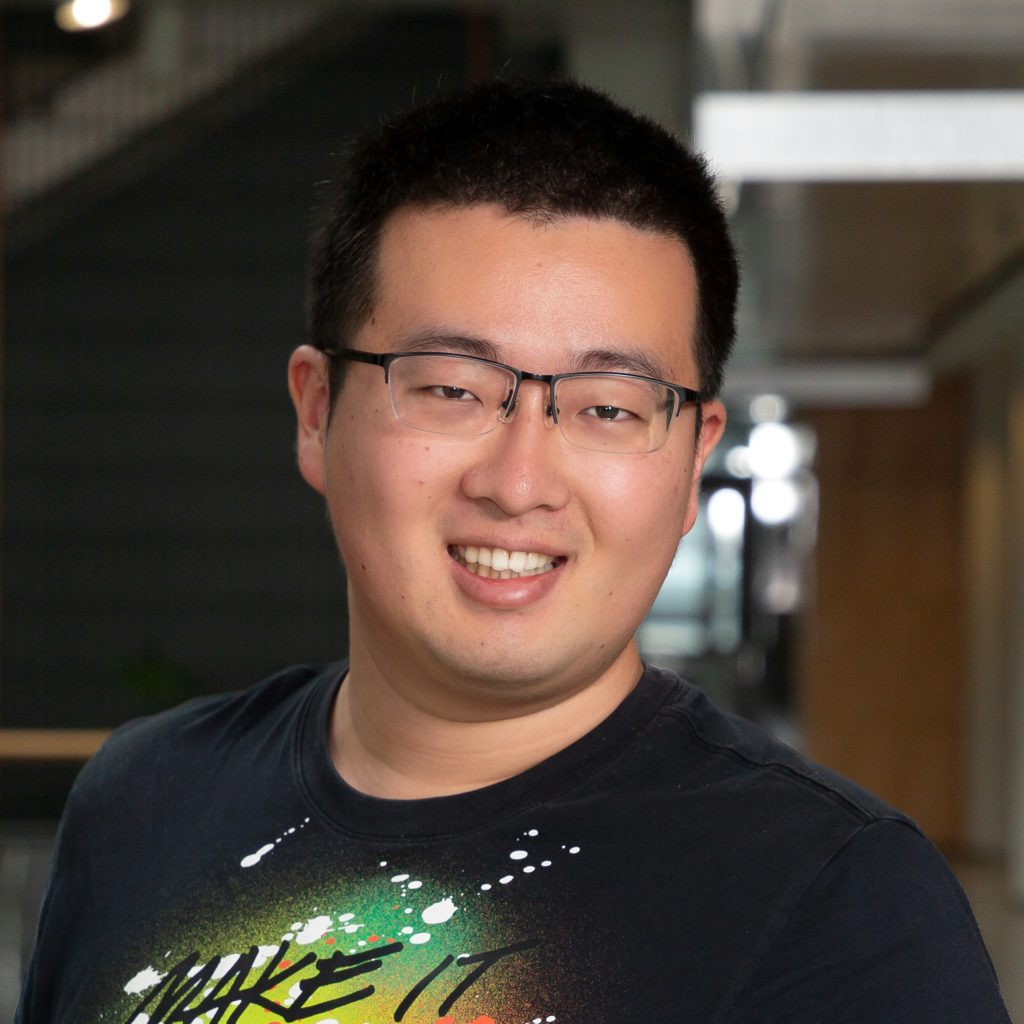
Zhihan Liang, MSc
TRANSMED Master’s programmeHis tasks involve using spatial transcriptomics data to analyze the tumor microenvironment of ovarian cancer. He is interested in genetic and spatial features related to immune evasion.
Interns

Alva Grönholm, BSc
TRANSMED Master’s programmeShe is focusing on performing bioinformatic analyses for the cell cycle project on highly multiplexed imaging data.

Panagiotis Lilis, BSc
GMB MSc programmeHe is specializing in cell culture with a primary focus on establishing long-term 3D ovarian tumor organoid cultures

Aino Elomaa, BSc
Drug Discovery and Development Master’s programme (University of Turku)Aino’s responsibilities involve working with immune-competent patient-derived cultures (iPDCs) as well as other wet lab projects

Foteini Chamchougia
Erasmus+ internship program 2023-2024Foteini is a Biology Bachelor’s student in the University of Patras, Greece. During her intership she is involved in multiple projects analyzing patient-derived samples and utilizing spatial techniques like tCycIF multiplexed imaging

Assel Kalmenova, MSc
Research assistanntAssel earned her B.Sc. in Biology and M.Sc. in Molecular Medicine from Nazarbayev University, Kazakhstan. During her studies she worked on cancer and hematology research. Her Internship focuses on expansion of high-grade serous ovarian cancer organoids, and on analysis of tumor microenvironment.
Medical students
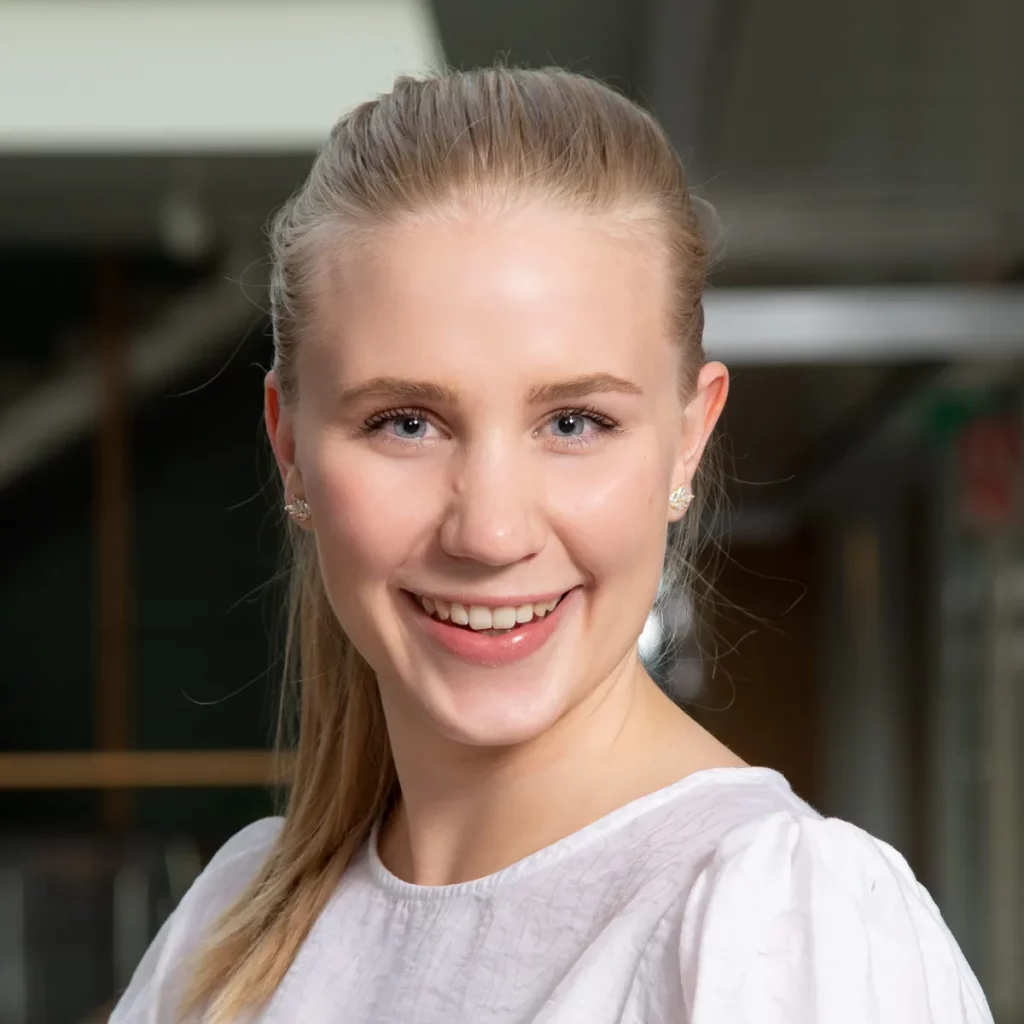
Ella Anttila, BMed
Medical studentHer main task in Färkkilä Lab is to help with data analysis in different projects concerning tumor microenvironment of HGSOC.
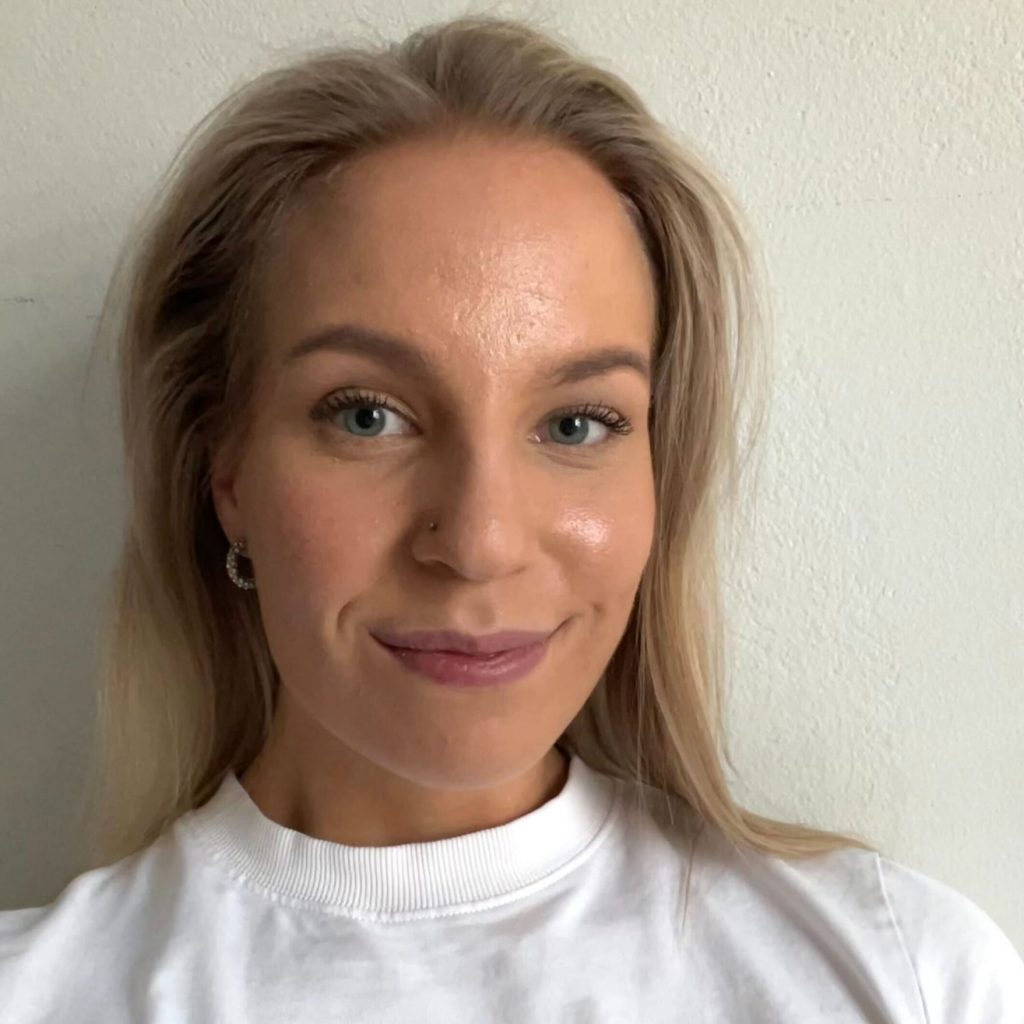
Anni Härkönen
Medical studentAnni is a second-year Medical Student, and her main focus is working on the clinical data of the Oncosys-ova study.

Anni Suoknuuti
Medical studentAnni is a second year medical student, and her main task is to work on the clinical data of the FINPROVE trial.
Clinical researchers
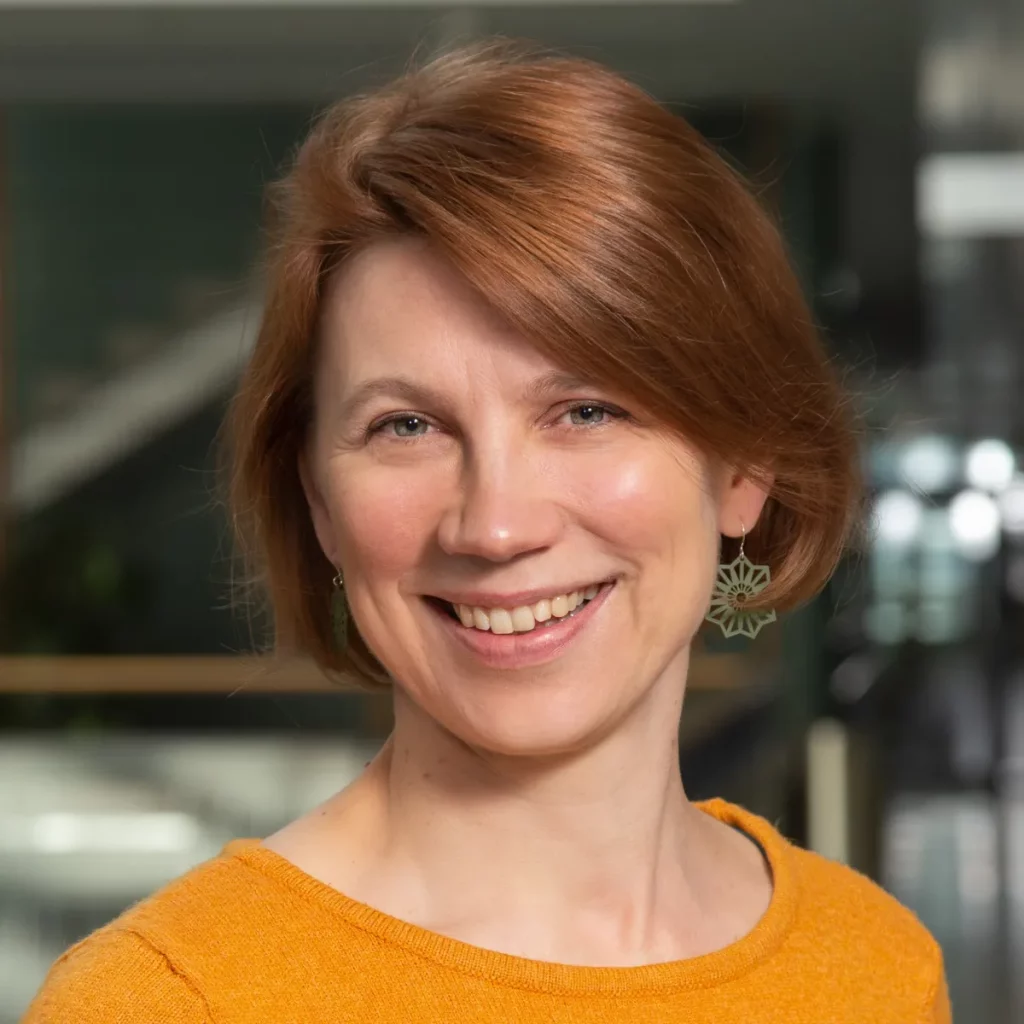
Ulla-Maija Haltia, MD PhD
GynecologistOvarian cancer is her main interest. She shares her time between clinical duties and translational research.
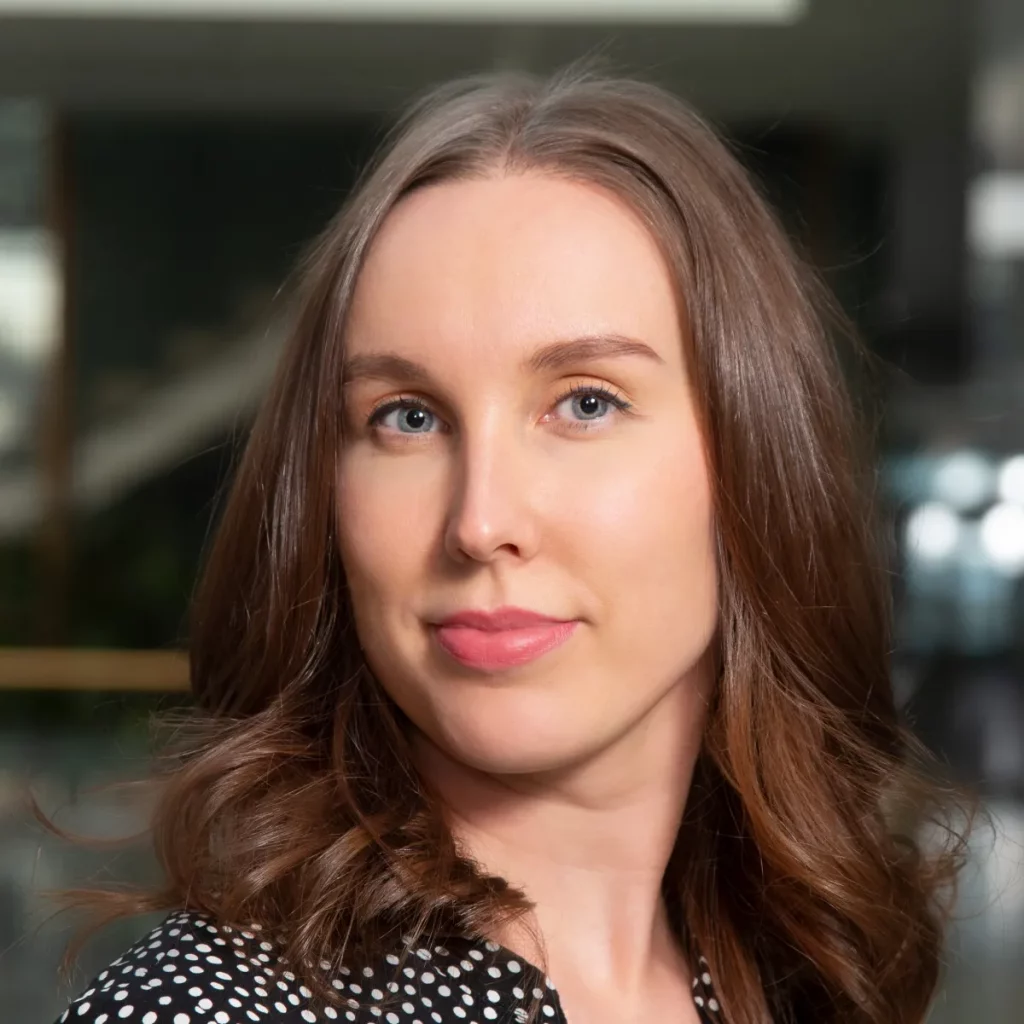
Maija Vääriskoski, Midwife
Study NurseExperienced Nurse in the field of gynecology and a master’s student in the Social and Health Research and Management program at the University of Helsinki. Maija is particularly interested in gynecological cancers and digitalisation of healthcare. Works as a Midewife in Gynecological Outpatient Clinic and as a Study Nurse for Färkkilä’s lab. She coordinates recruitment and sampling and also works with the database.
Lab managers
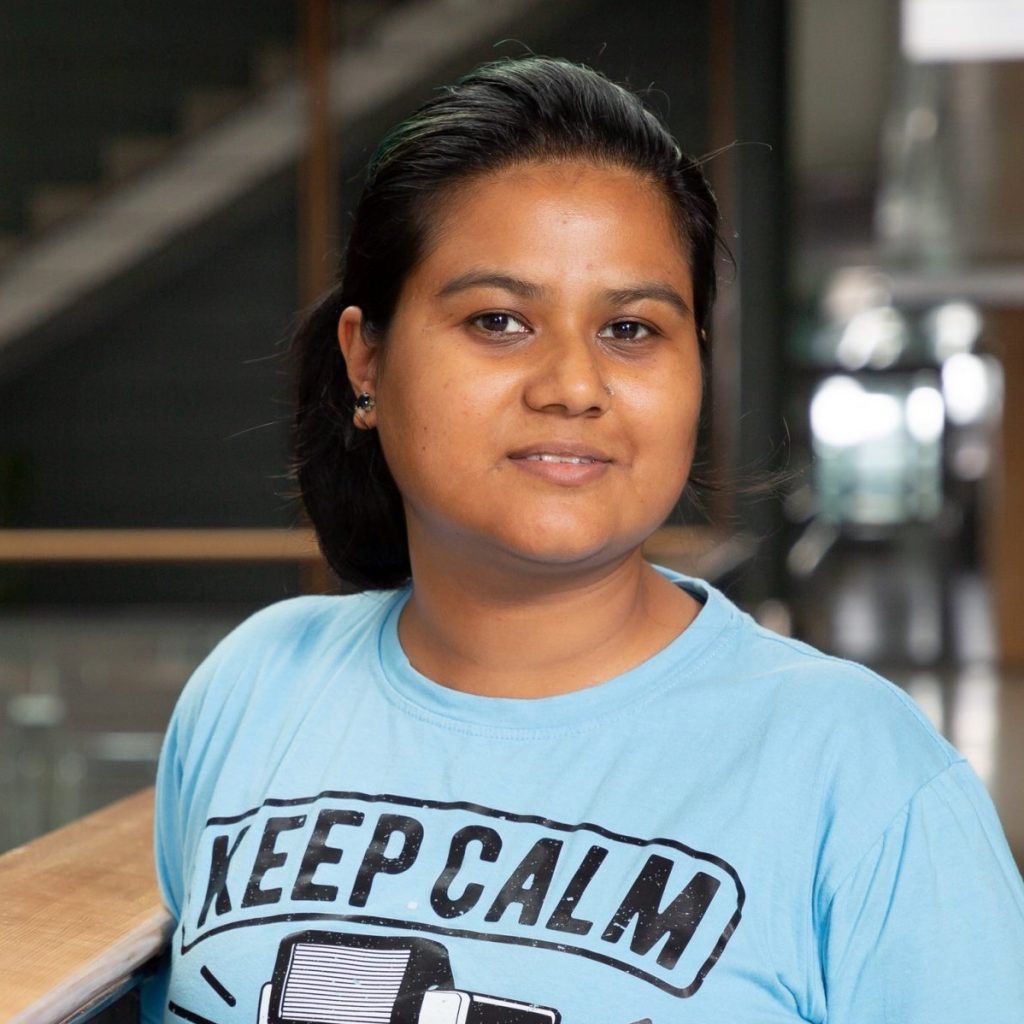
Saundarya Shah, MSc
Spatial Transcriptomics ManagerShe coordinates tCycIF and GeoMx spatial transcriptomic experiments
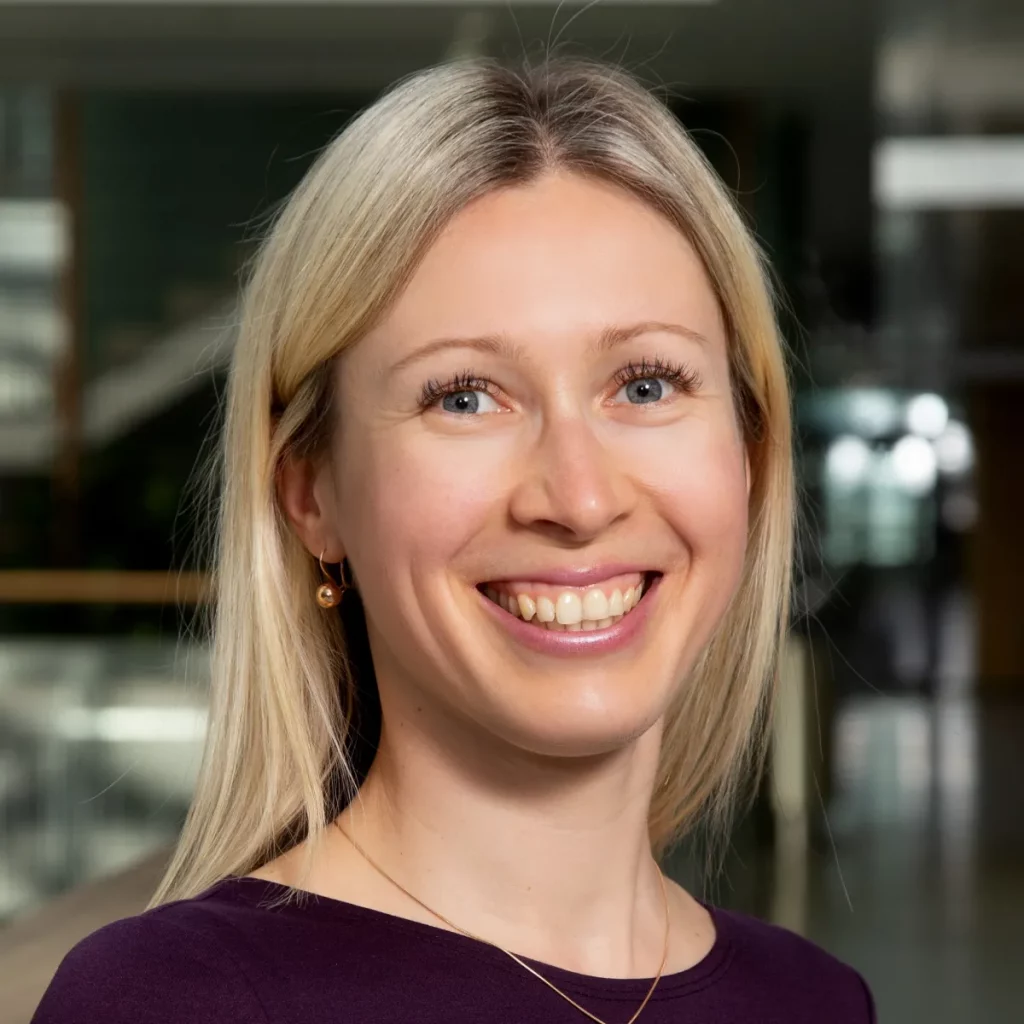
Anastasia Lundgren, MSc
Lab ManagerAnastasia coordinates the ONCOSYS-Ova sample collection
Alumni
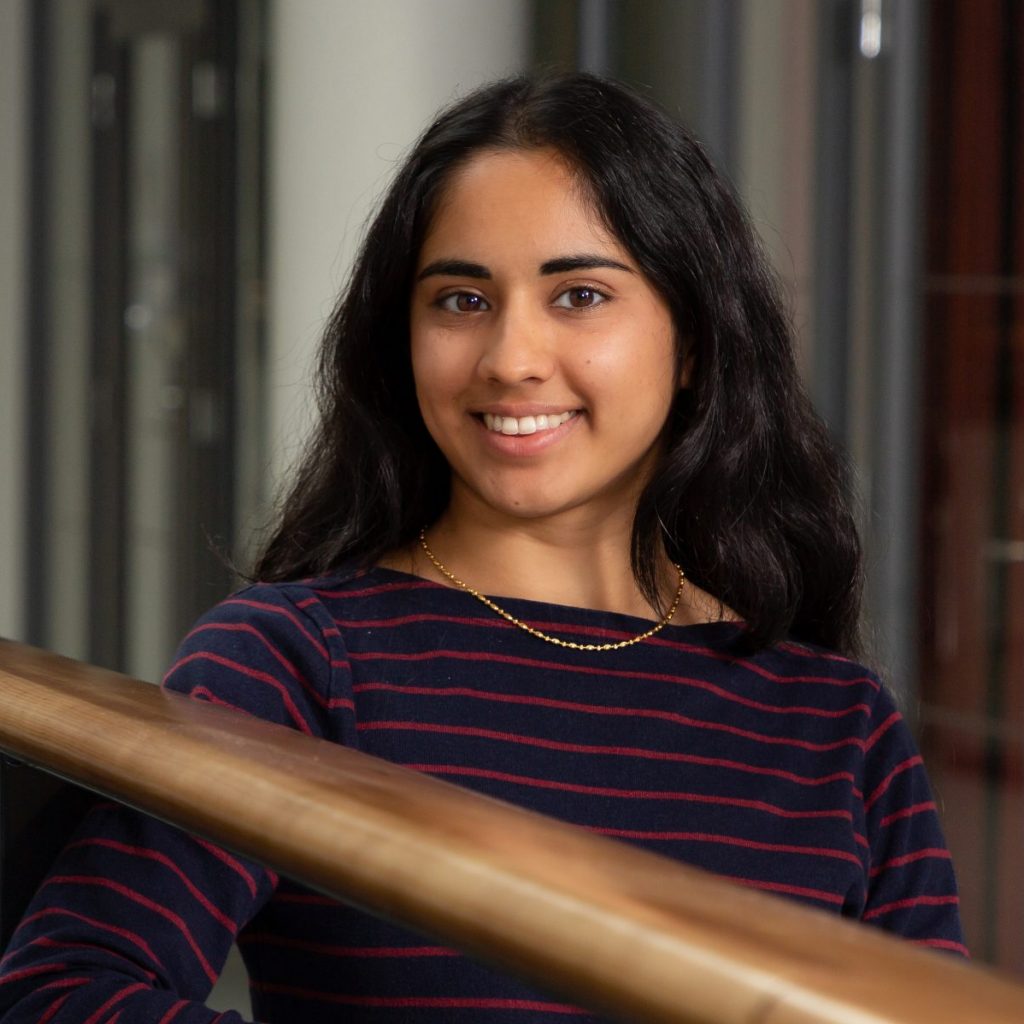
Aditi Sirsikar, BSc
TRANSMED Master’s programmeHer responsibilities included analyzing multi-dimensional drug response data from patient-derived immunocompetent cultures (iPDCs) and examining replication stress pathway activation using CyCIF to investigate molecular pathways driving patient-specific drug responses observed in iPDCs.
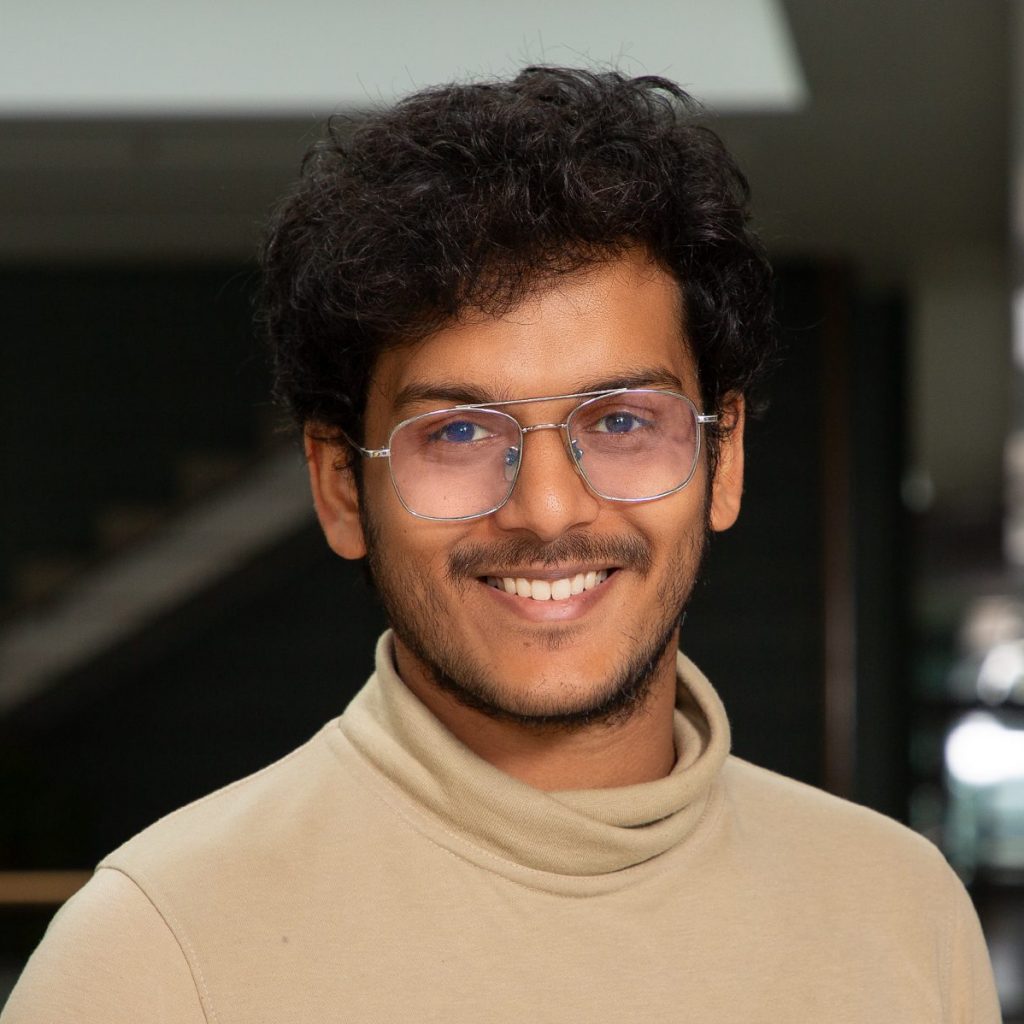
Abhilash VA
Master’s student from IISER Pune (India)Abhilash performed evaluations of immune cell-specific functional response following single or combinatorial treatment with DNA damaging and immunotherapy agents using patient-derived immunocompetent cultures of High Grade Serous Ovarian Cancer.
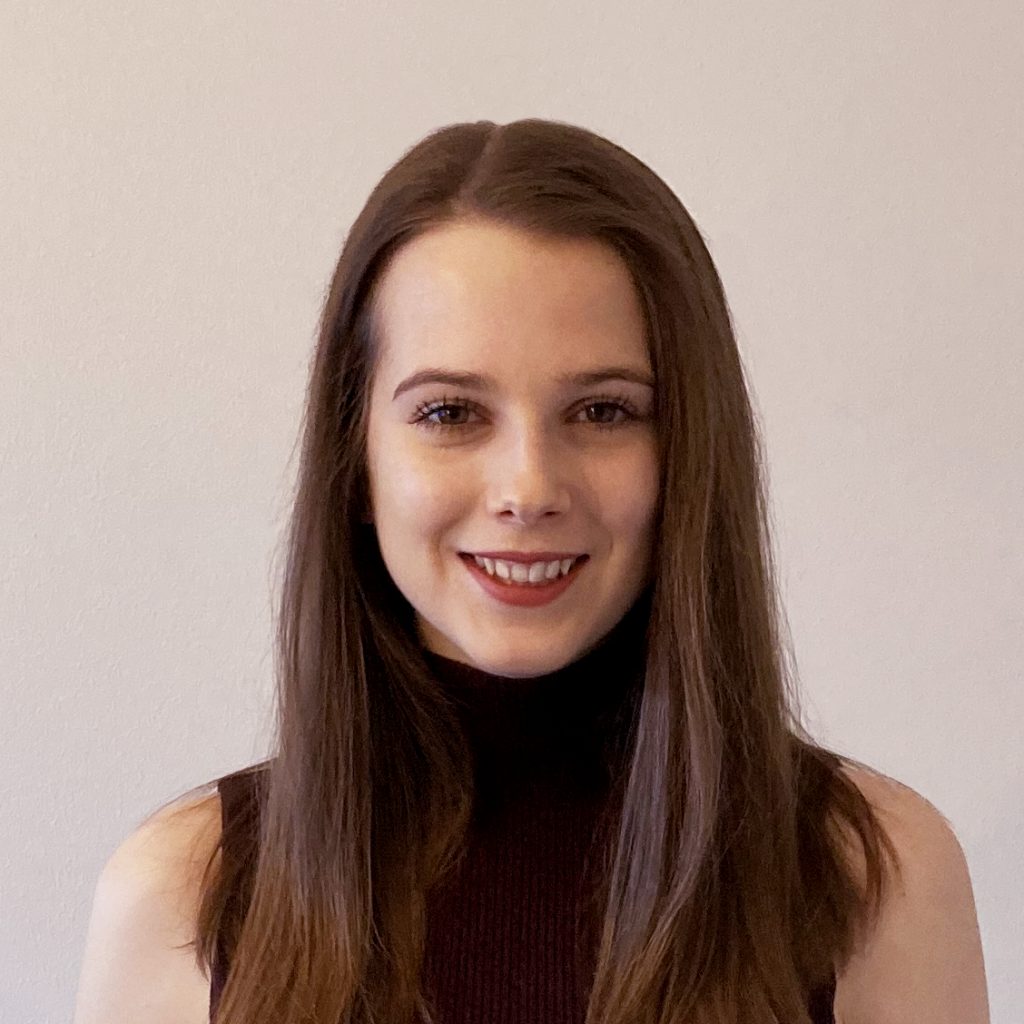
Teodóra Faragó
LSI Master’s programme studentHer tasks mainly consisted of automatic cell-type calling and computational analysis. Her main interests are biological algorithms and machine learning in medicine.
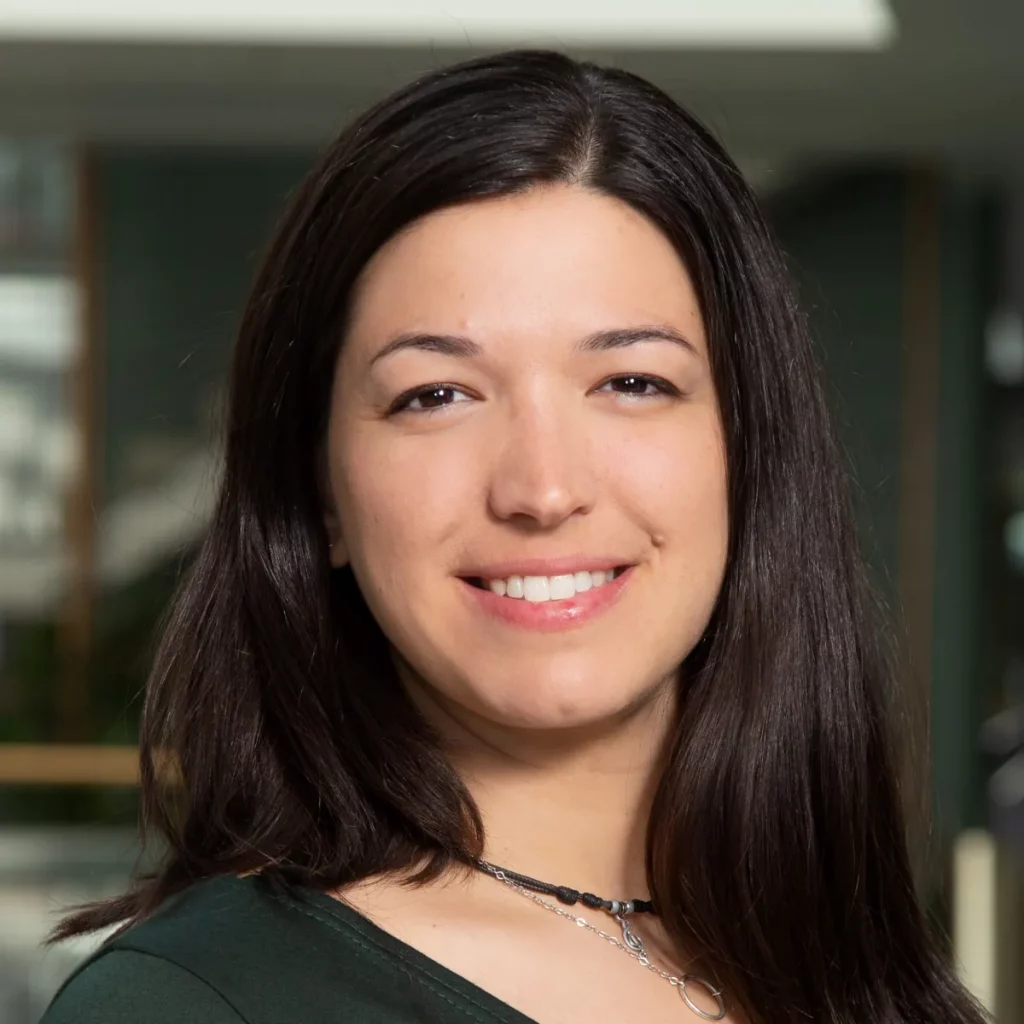
Julia Casado, PhD
Postdoctoral fellowHer research focused on the tumor microenvironment from highly-multiplexed images of tumor tissue. She designed and integrated algorithms to perform cell type and cell state calling with an emphasis on spatial localization and cell infiltration profiling.
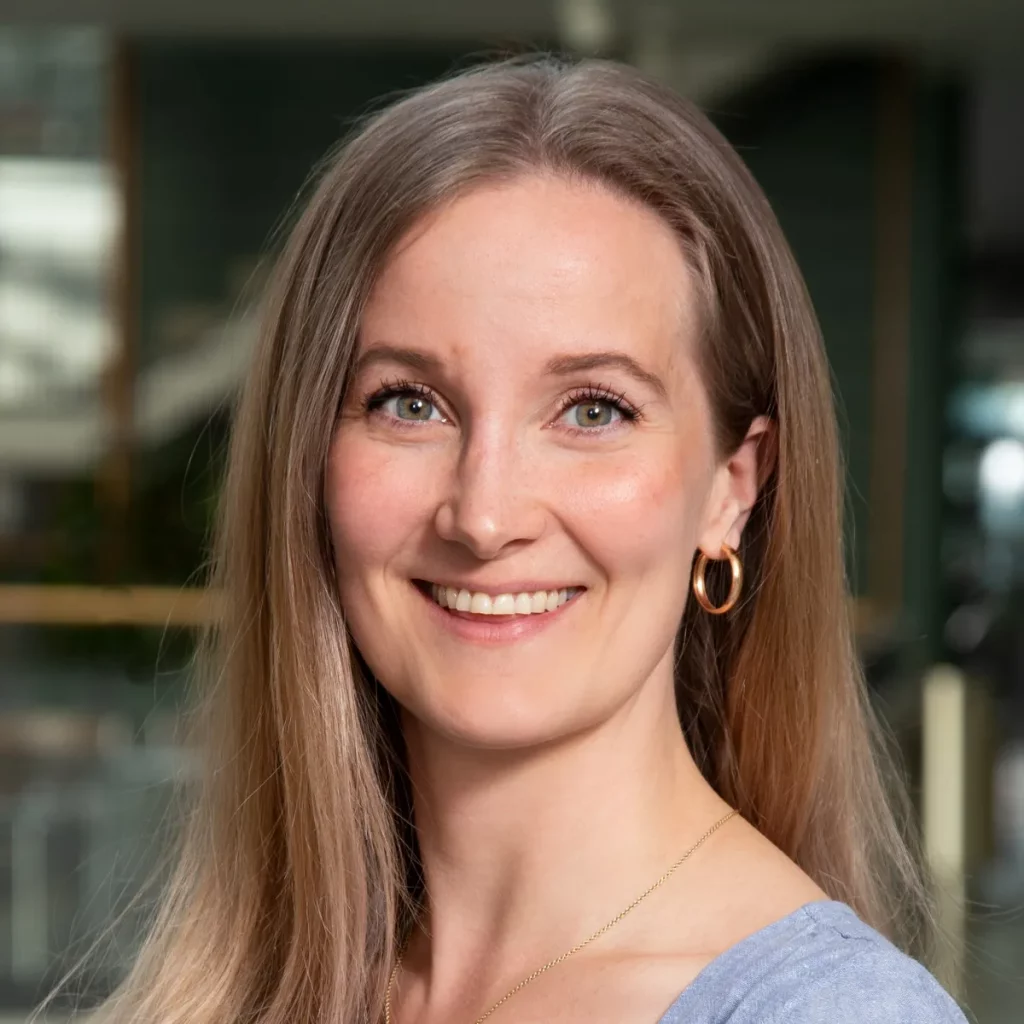
Elina Pietilä, PhD
Postdoctoral fellowShe worked in precision medicine in high-grade serous ovarian cancer using immunocompetent patient-derived ex vivo cultures. Her project based on screening the effect of novel combinatorial immunotherapies on single-cell level in the tumor microenvironment.